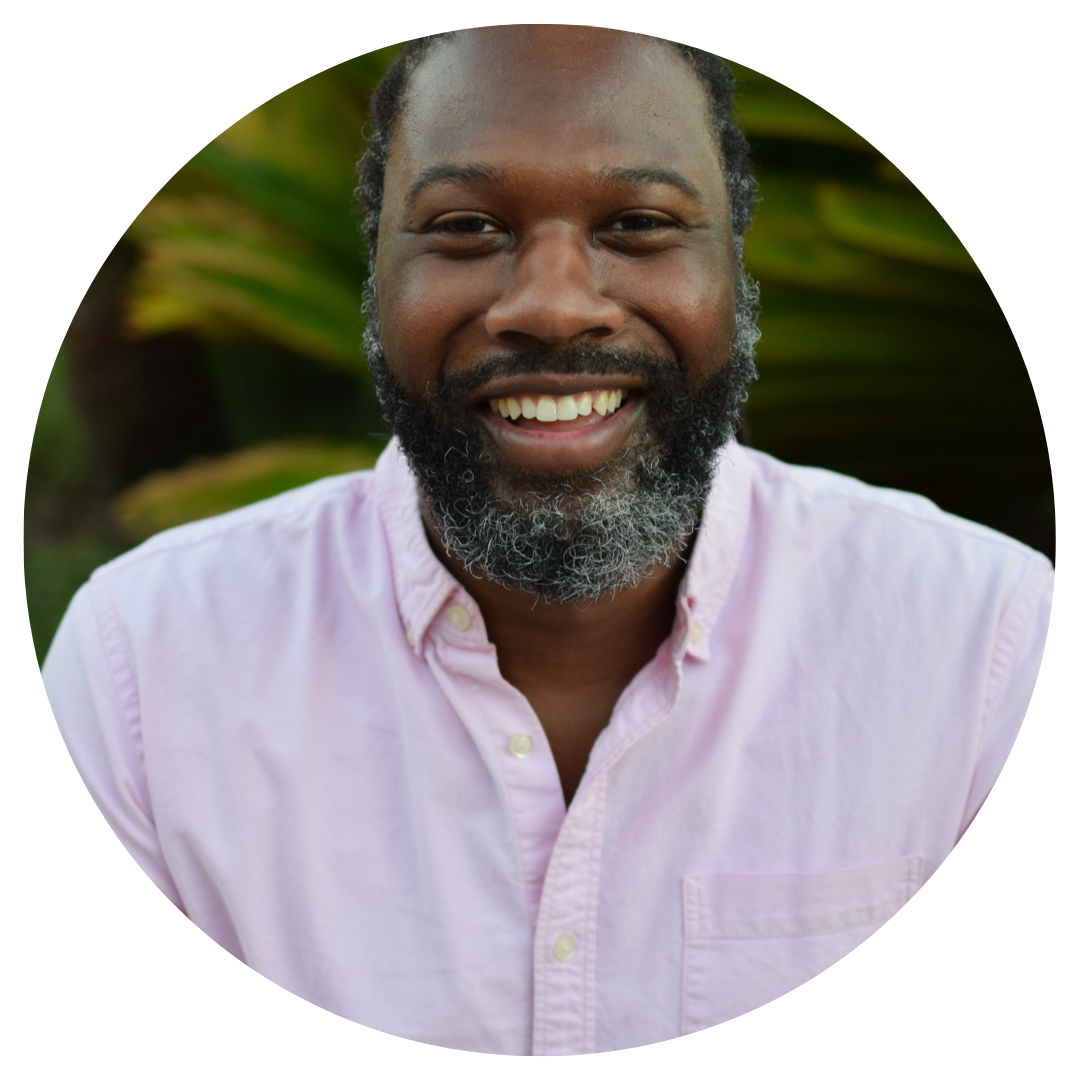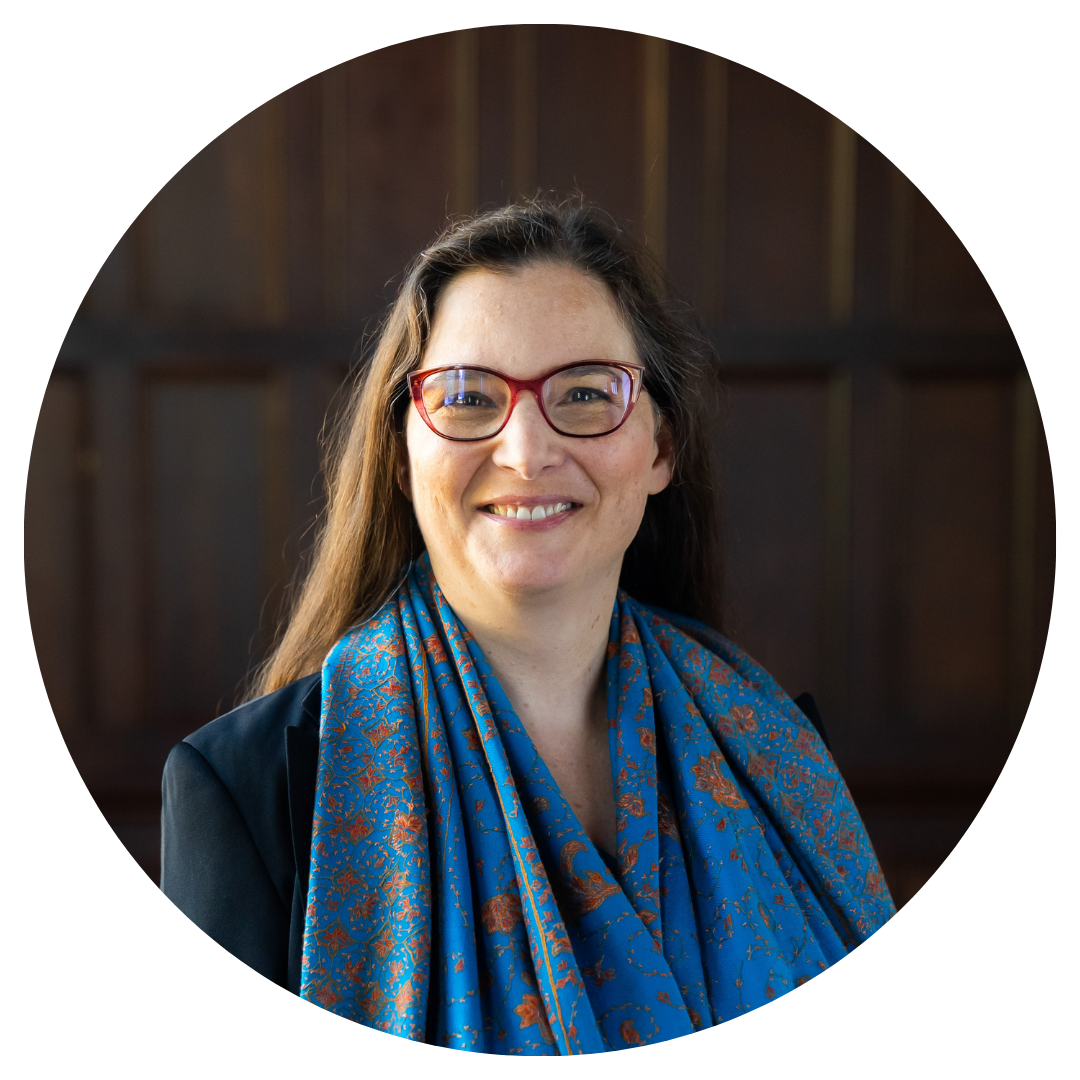Faculty
Our faculty is comprised of expert scholars and educators in the fields of Yoga Studies, Indology, Religious Studies, and South Asian Studies.
Core Faculty

Dr. Antonia M. Ruppel
Lecturer in Sanskrit, Yogic Studies; Religions & Philosophies, Post-Doc, Department of Religions & Philosophies, School of History, SOAS University of London

Dr. Aleix Ruiz-Falqués
Head of the Department of Pali and Languages, Shan State Buddhist University; Khyentse Postdoctoral Research Fellow in Buddhist Studies; Lecturer of Pali, Hebrew University of Jerusalem

Kunsang (Jakaira Peréz)
Translator and Teacher of Buddhist Philosophy and Tibetan Language

Dr. Kate Hartmann
Assistant Professor of Philosophy and Religious Studies, University of Wyoming
Visiting Instructors

Dr. Rebecca Bloom
Diane P. Stewart Assistant Director, Curatorial Affairs at the Southern Utah Museum of Art
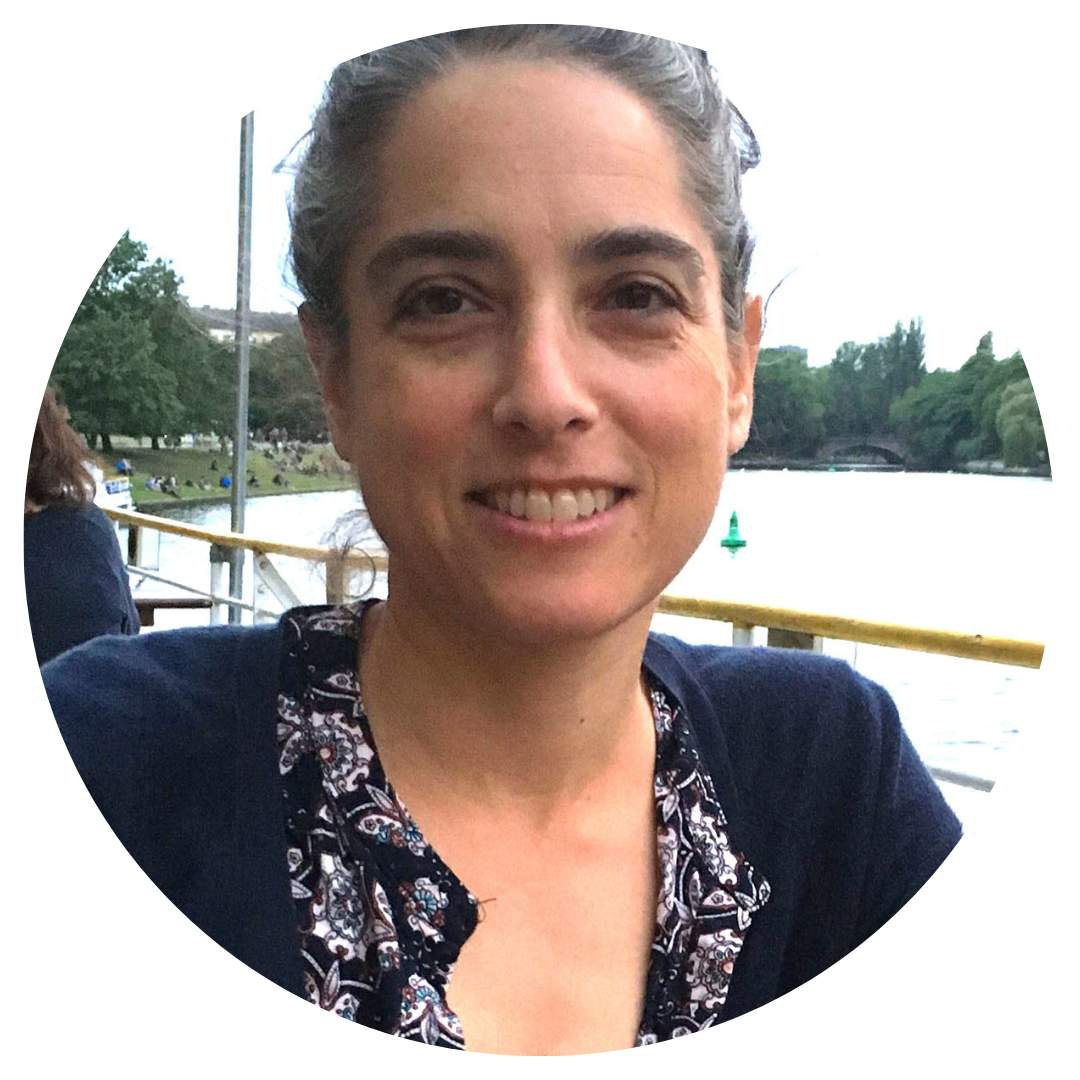
Dr. Tamara Cohen
Ludo and Rosane Rocher Foundation Fellow (2024-2026) at the University of Virginia

Dr. Carl Ernst
William R. Kenan, Jr., Distinguished Professor of Religious Studies Emeritus, University of North Carolina at Chapel Hill

Dr. Jay Garfield
Doris Silbert Professor in the Humanities and Professor of Philosophy, Logic and Buddhist Studies, Smith College

Dr. Finnian M.M. Gerety
Visiting Assistant Professor of Religious Studies, Brown University

Dr. Samuel M. Grimes
Shinjo Ito Postdoctoral Fellow in Buddhist Studies, University of California, Berkeley

Dr. Maria Heim
George Lyman Crosby 1896 & Stanley Warfield Crosby Professor in Religion, Amherst College
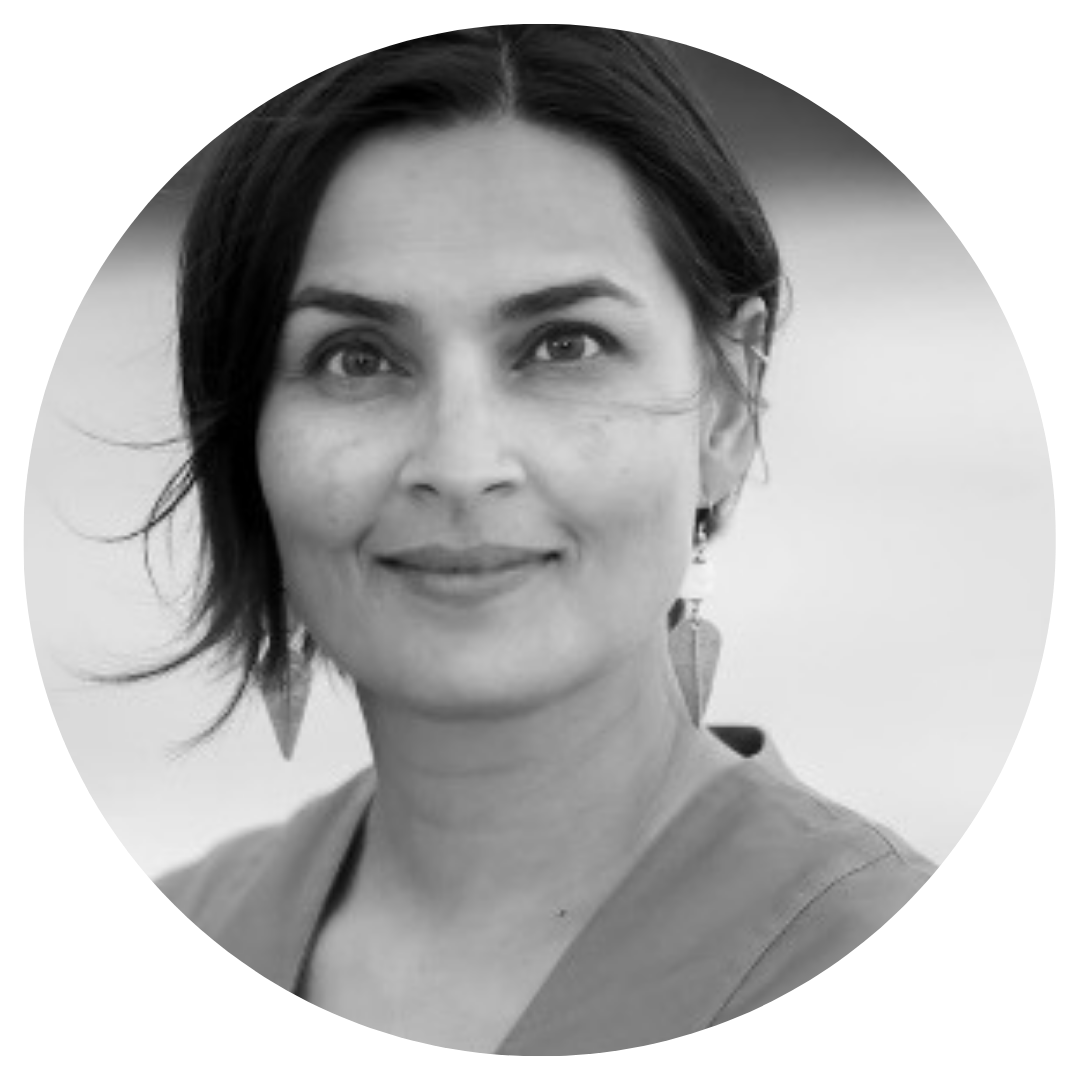
Dr. Sunila S. Kalé
Professor in the Jackson School of International Studies at the University of Washington, Seattle

Dr. Constance Kassor
Assistant Professor of Religious Studies at Lawrence University, Wisconsin

Dr. Jue Liang
Postdoctoral Teaching Fellow at Denison University, Assistant Professor of Religious Studies, Wittenberg University

Dr. James Mallinson
Boden Professor of Sanskrit and Professorial Fellow, University of Oxford

Dr. Christopher Jain Miller
Co-founder, Vice President of Academic Affairs, and Professor of Jain and Yoga Studies, Arihanta Institute.

Dr. Adrián Muñoz
Associate Professor, Center for Asian and African Studies, El Colegio De México
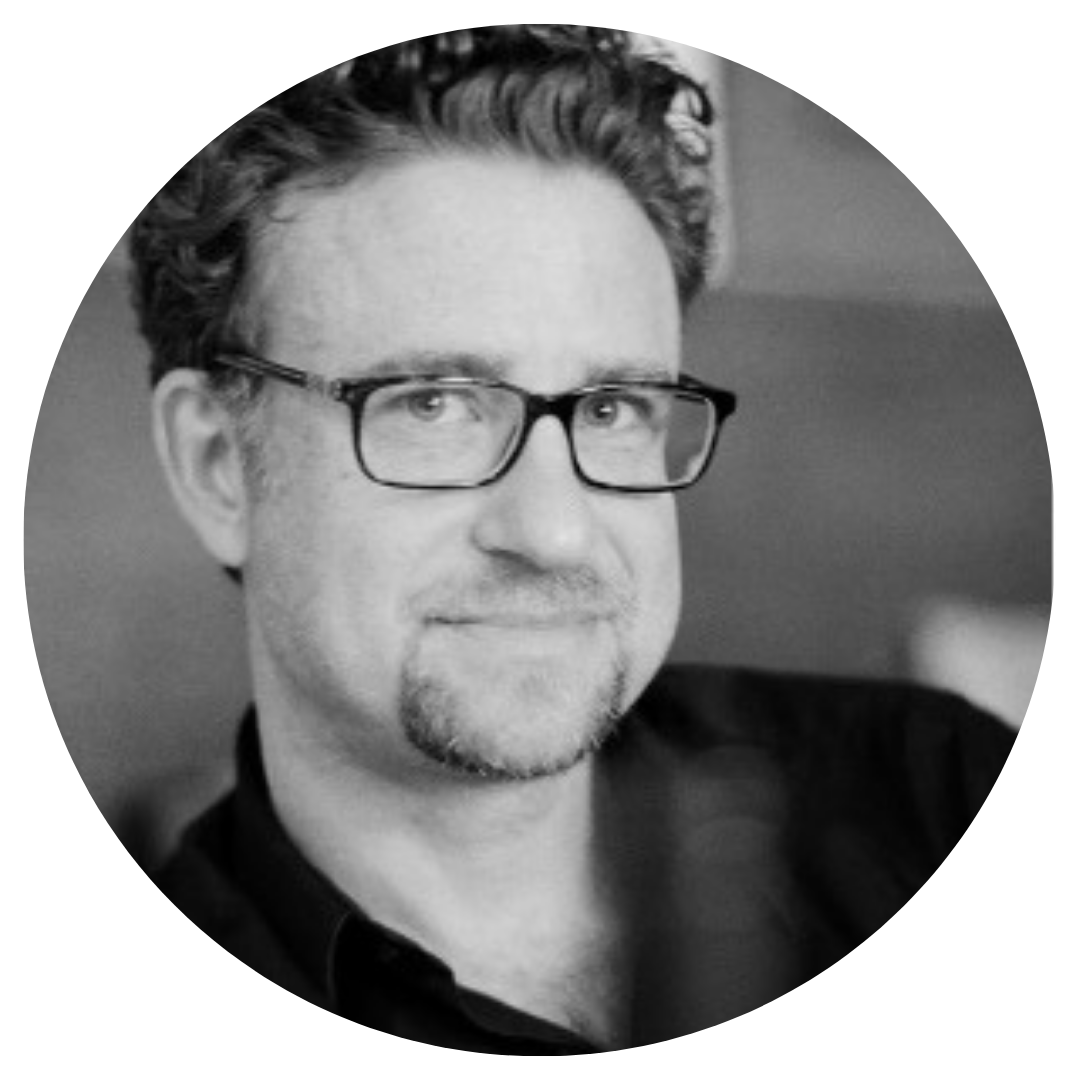
Dr. Christian Lee Novetzke
Professor in the Jackson School of International Studies and the Comparative History of Ideas Department at the University of Washington, Seattle

Dr. Lubomír Ondračka
Researcher and lecturer, Department of Philosophy and Religious Studies, Charles University, Prague

Dr. Pierce Salguero
Professor of Asian History & Religious Studies, Penn State University's Abington College

Dr. Stuart Sarbacker
Professor of Comparative Religion and Indian Philosophy, School of History, Philosophy, and Religion, Oregon State University

Dr. Caley Smith
S&R Palvia Endowed Veetraag Vigyaan Professor in Jain Studies at Georgia College and State University in Milledgeville, Georgia

Dr. Daniel M. Stuart
Associate Professor in the Department of Religious Studies, University of South Carolina

Dr. Ruth Westoby
Junior Research Fellow in Jaina Studies at the Oxford Centre for Hindu Studies
Stay Informed
Sign up for the Yogic Studies mailing list to find out first about upcoming courses, podcast episodes, promotions, events, and the latest research delivered straight to your inbox.















